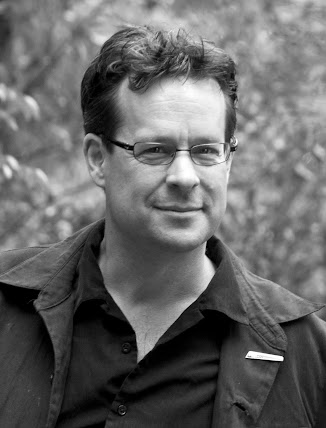What do you feel poetry can accomplish that other forms can’t?
Non-fiction provides information. It teaches us. It keeps us grounded.
Fiction entertains us. It introduces us to situations we probably will never find ourselves in. It takes us to places we probably will never see in our lifetime. It keeps on edge, makes us laugh, makes us cry. At the end, we have, hopefully, thoroughly enjoyed our journey with the characters.
Poetry is a bit different. It can do what both non-fiction and fiction can do. It can be factual. It can take us to another world. All the emotions that go with suspense can be brought up. Poems can be downright silly, like those of Shel Silverstein. They can be romantic like Pablo Neruda or Shakespeare. However, the process is slower with poetry.
With non-fiction and fiction, we read it sequentially page after page. In non-fiction, we may flip back to a previous section to remind ourselves of a fact or two before continuing where we are in the book.
We can read poetry books the same way, from page one straight to the end, but we often stop part-way through a poem to think. Or we stop at the end and reread once, twice, before continuing.
Poetry slows us down, keeps us from rushing. It helps us to stop and think. We will read the meaning of the poem at a superficial level, but some use of word, some phrasing, will surely make us think there may be another meaning. Our mind continues to think about the poem long after we have closed the book. Eventually, we may have no choice but to return to the poem and reread it.
By slowing down, rereading, and thinking, poetry can bring us a consciousness of the abstract. We may not be any good with paint brushes or pencils, but we can see murals unfold in our mind. Each unfolding draws on additional emotions. From the newly found emotions, we come to another level of understanding, not necessarily of the poet, but of ourselves and the world around us. Other forms of literature are too fast in comparison to be able to achieve this type of awareness.
How is it that poetry can make us slow down while other forms can’t? I think it is, to some extent, more personal than other forms of writing and we all sense that. Even when a poem is presenting facts, we can feel underlying currents of the poet’s emotion or reaction to the facts. An excellent example of this Victims of Ted Bundy: Washington State and Oregon by Caitlin Elizabeth Thomson. Each poem is dated to the death of a victim and each poem is named after a victim. It gives the facts of what each victim had been doing the day they were murdered. It is completely factual, but with just a few words, the positioning, the breathing, we feel chills, as if we may be next. We feel the pain the victims’ families and friends experienced. We feel disgust at seeing how quickly incorrect assumptions are made about the victim.
If we can become that entangled with raw emotion over facts, it is no wonder we feel a private connection with the poet when they speak of love, death, nature. We slow down because each poem is a private conversation who really needs to let someone know a secret. We may read in hushed tones. We may read loud. Yet these secrets are always held closer to us and make us think about our own lives. That is what poetry does more than any other form.














